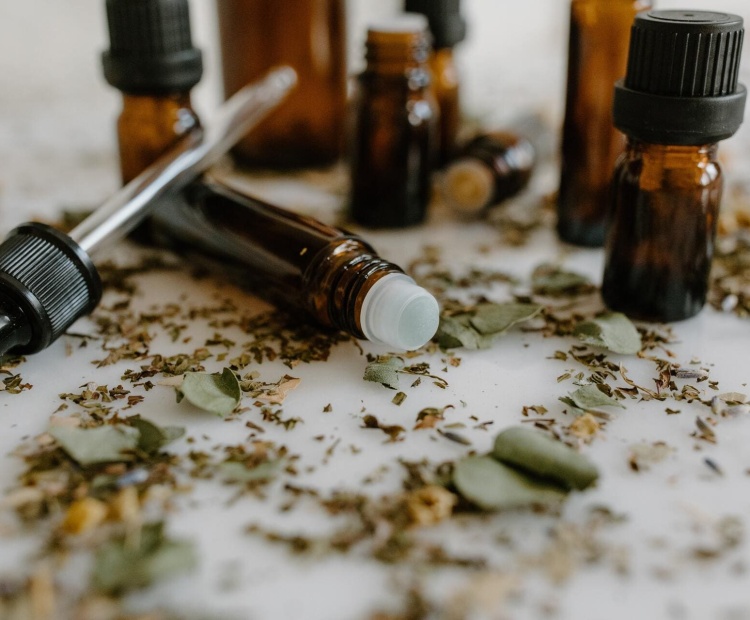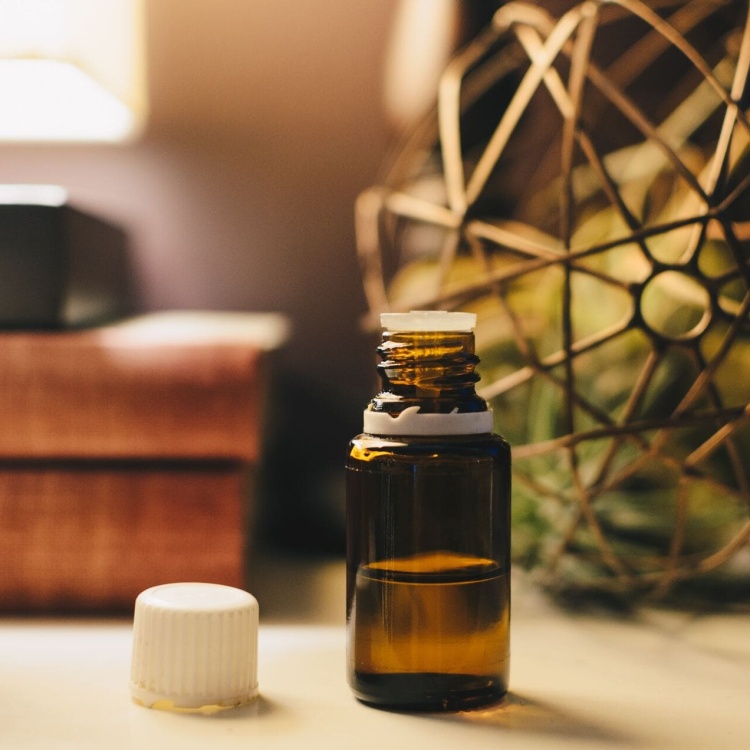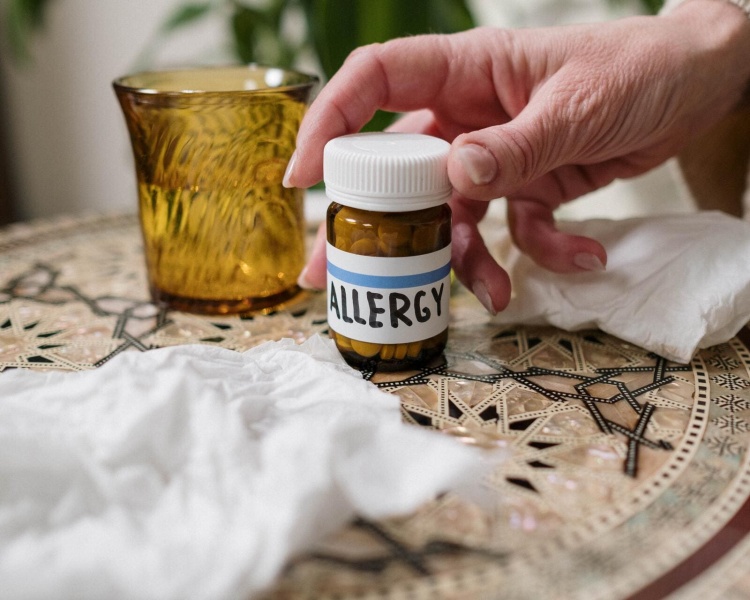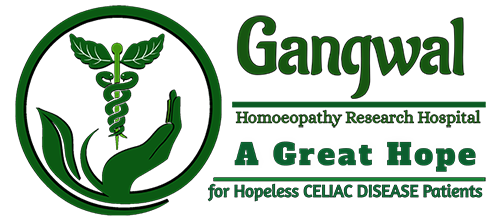Homoeopathy
What is homoeopathy?
Homoeopathy is a system of alternative medicine that was developed in the late 18th century by Samuel Hahnemann, a German physician. It is based on the principle of “like cures like,” which means that a substance that can cause symptoms in a healthy person can be used in diluted form to treat similar symptoms in a sick person. Homoeopathy uses highly diluted preparations, called remedies, made from natural substances such as plants, minerals, or animal products.
Key aspects of homoeopathy include:

Law of Similars
Homoeopathy is based on the concept that “like cures like.” This means that a substance that produces specific symptoms in a healthy person can be used to treat similar symptoms in a sick person. For example, a homoeopathic remedy made from onion (Allium cepa) may be used to treat symptoms of watery eyes and a runny nose in someone with a cold or allergies.
Dilution and Potentization
Homoeopathic remedies are prepared through a process called potentization. This involves successive dilution of the original substance and vigorous shaking or succussion. The dilutions used in homoeopathy are typically extremely high, resulting in minimal or no detectable amount of the original substance remaining in the final remedy. According to homoeopathic theory, the process of potentization enhances the healing properties of the remedy.
Individualized Treatment
Homoeopathy emphasizes individualized treatment. Homoeopaths consider not only the physical symptoms but also the unique characteristics, emotional state, and overall constitution of the person when prescribing a remedy. The goal is to stimulate the body’s self-healing abilities and restore balance.
Holistic Approach
Homoeopathy considers the person as a whole, addressing physical, mental, and emotional aspects of health. Homoeopaths believe that symptoms are expressions of an underlying imbalance and that treating the underlying cause leads to the overall improvement in health.
Safety and Gentleness
Homoeopathic remedies are generally considered safe, as they are highly diluted and have minimal risk of toxicity. They are often recommended for children, pregnant women, and individuals with sensitivities to conventional medications. However, it’s important to consult with a qualified homoeopath or healthcare professional before using homoeopathic remedies, especially if you have a serious or chronic health condition.


It’s important to note that the principles of homoeopathy and the effectiveness of homoeopathic remedies are highly debated. The scientific consensus is that the effects of homoeopathic remedies are most likely due to a placebo effect, where the belief in the treatment leads to subjective improvements in symptoms. Many studies have shown that homoeopathy performs no better than a placebo when subjected to rigorous scientific testing.
If you are considering homoeopathic treatment, it is advisable to consult with a qualified homoeopath or discuss it with your healthcare provider. They can provide guidance, evaluate your condition, and help you make informed decisions about your health and treatment options.
Scope of homoeopathy
The scope of homoeopathy varies depending on the country and the healthcare system in place. In some countries, such as India, Germany, and France, homoeopathy is widely practised and integrated into the national healthcare system. In others, such as the United States and the United Kingdom, homoeopathy is considered a complementary or alternative medicine and is not as widely accepted or integrated into mainstream healthcare.
Here are some aspects that define the scope of homoeopathy:

Treatment of acute and chronic conditions
Homoeopathy is used to treat a wide range of acute and chronic conditions. It is commonly sought for conditions such as allergies, respiratory infections, digestive disorders, musculoskeletal pain, skin conditions, menstrual disorders, and emotional ailments. Homoeopaths aim to individualize treatment based on the unique symptoms and characteristics of the person, rather than focusing solely on the disease label.
Holistic approach
Homoeopathy emphasizes the holistic approach to health, considering the physical, mental, and emotional aspects of the individual. Homoeopaths believe that symptoms are expressions of an underlying imbalance and that treatment should address the whole person, not just the specific symptoms.
Supportive care
Homoeopathy is often used as a supportive therapy alongside conventional medicine. In some cases, people seek homoeopathic treatment to complement their conventional treatments, aiming to enhance overall well-being and alleviate the side effects of medication.
Prevention and health maintenance
Homoeopathy is sometimes used for preventive care and health maintenance. Homoeopaths may recommend specific remedies or constitutional treatment to help support the body’s natural healing mechanisms and maintain overall health.


It’s important to note that the effectiveness of homoeopathy is a topic of ongoing debate. The scientific consensus, based on extensive research and meta-analyses, is that any effects observed in homoeopathic treatment are likely due to placebo effects and the natural course of self-healing. The principles of homoeopathy are not supported by current scientific understanding, as they conflict with well-established principles of pharmacology and biochemistry.
When considering homoeopathy, it’s advisable to approach it with a critical mindset and consult with qualified healthcare professionals. If you choose to pursue homoeopathic treatment, it’s important to inform your primary healthcare provider about any complementary or alternative therapies you are using to ensure coordinated and comprehensive care.
Limitations of homoeopathy
Homoeopathy has several limitations that should be considered when evaluating its use as a treatment option. These limitations include:
Lack of scientific evidence
Despite its long history and widespread use, the scientific evidence supporting the effectiveness of homoeopathy is limited and inconclusive. Numerous well-designed studies and systematic reviews have found no significant difference between homoeopathic remedies and placebos. The effects observed in homoeopathic treatment are largely attributed to placebo responses and the natural course of self-healing.

Dilution and potentization
The principles of dilution and potentization, which are central to homoeopathy, involve diluting substances to the point where the original substance is highly unlikely to be present in the final remedy. This raises questions about how such highly diluted remedies could have any physiological effects. The underlying mechanisms proposed by homoeopathy, such as the memory of water, are not supported by scientific understanding.
Lack of standardized preparation
Homoeopathic remedies are prepared through a process that involves serial dilutions and succussions. However, there is no standardized method or quality control for the preparation of remedies. This lack of standardization raises concerns about consistency and reliability in the production and potency of homoeopathic remedies.
Individualized treatment challenges
While individualization is a core principle of homoeopathy, it can be challenging to objectively measure and assess individual symptoms. This subjectivity makes it difficult to evaluate the effectiveness of homoeopathic treatments and compare outcomes across different individuals and practitioners.
Delayed access to conventional treatment
In some cases, individuals may rely solely on homoeopathy for the treatment of serious or life-threatening conditions. This delay in accessing evidence-based conventional medical care can have adverse consequences and may be detrimental to health outcomes.
Safety concerns
Although homoeopathic remedies are generally considered safe due to their high dilution, there have been rare cases of adverse reactions, particularly when remedies are not properly prepared or are contaminated. In addition, relying solely on homoeopathy for the treatment of serious conditions may lead to missed opportunities for appropriate and timely medical interventions.
It’s important to critically evaluate the scientific evidence and consider these limitations when making decisions about healthcare options. If you are considering using homoeopathy or any other complementary or alternative therapy, it is advisable to consult with qualified healthcare professionals who can provide informed guidance and ensure coordinated and comprehensive care.










